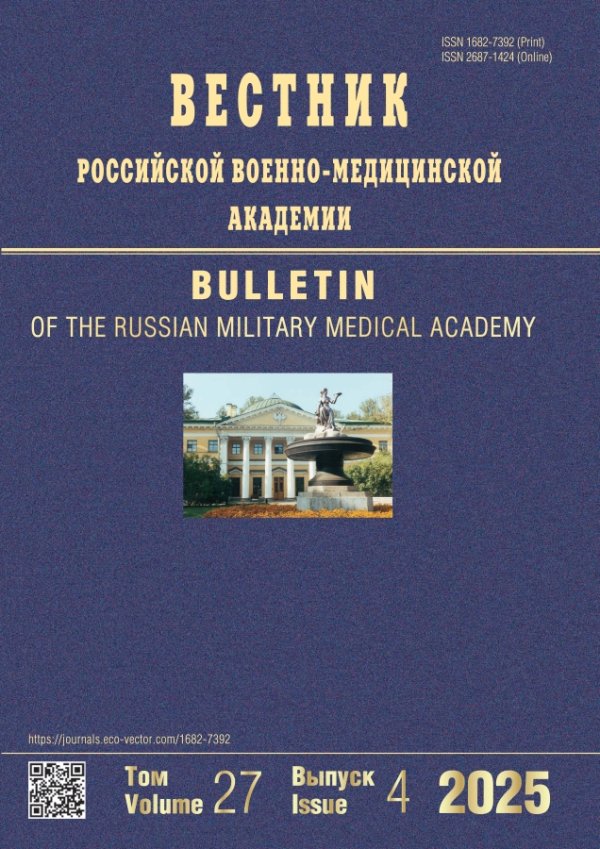QUALITY OF LIFE AFTER SURGICAL TREATMENT OF INSULIN-PRODUCTION TUMORS OF THE PANCREAS
- Authors: Lejinskiy DV1, Egorov AV1, Vasilyev IA1, Ivashov IV1, Mironova AV1
-
Affiliations:
- I.M. Sechenov First Moscow State Medical University (Sechenov University)
- Issue: Vol 21, No 1 (2019)
- Pages: 78-81
- Section: Articles
- URL: https://journals.rcsi.science/1682-7392/article/view/13051
- DOI: https://doi.org/10.17816/brmma13051
- ID: 13051
Cite item
Full Text
Abstract
Keywords
Full Text
##article.viewOnOriginalSite##About the authors
D V Lejinskiy
I.M. Sechenov First Moscow State Medical University (Sechenov University)119991 Trubetskaya str., 8, p. 2, Moscow, Russia
A V Egorov
I.M. Sechenov First Moscow State Medical University (Sechenov University)119991 Trubetskaya str., 8, p. 2, Moscow, Russia
I A Vasilyev
I.M. Sechenov First Moscow State Medical University (Sechenov University)119991 Trubetskaya str., 8, p. 2, Moscow, Russia
I V Ivashov
I.M. Sechenov First Moscow State Medical University (Sechenov University)119991 Trubetskaya str., 8, p. 2, Moscow, Russia
A V Mironova
I.M. Sechenov First Moscow State Medical University (Sechenov University)119991 Trubetskaya str., 8, p. 2, Moscow, Russia
References
- Kulke M.H., Anthony L.B., Bushnell D.L. NANETS Treatment Guidelines: welldiffer- entiated neuroendocrine tumors of the stomach and pancreas // Pancreas.- 2010.-39.-P.735-752.
- Jensen R.T., Berna M.J., Bingham M.D. Inherited pancreatic endocrine tumor syndromes: advances in molecular pathogenesis, diagnosis, management and controversies // Cancer.-2008.-113(suppl).-P.1807-1843.
- Oberg K. Pancreatic endocrine tumors // Semin Oncol.-2010.-37.-P.594-618
- Guettier J.M., Gorden P. Insulin secretion and insulin-producing tumors. Expert Rev Endocrinol. Metab. 2010; 5: 217-227
- PadbergВ., Schroder S., Capella C. Multiple endocrine neoplasia type-1 (MEN1) revisited // Virch. Arch. - 1995.- 426. -P. 541-548.
- Трофимов В.М., Калинин А.П. Некоторые аспекты диагностики и лечения органического гиперинсулинизма // Клин. мед. - 1991. -№ 3. - С. 102-106
- Амирджанова В.Н., Горячев Д.В., Коршунов Н.И., Ребров А.П., Сороцкая В.Н. Популяционные показатели качества жизни по опроснику SF-36 (результаты многоцентрового исследования качества жизни «МИРАЖ») // Научно-практическая ревматология.-2008.-№1.-Стр.36-48.
Supplementary files







